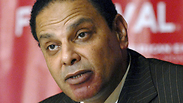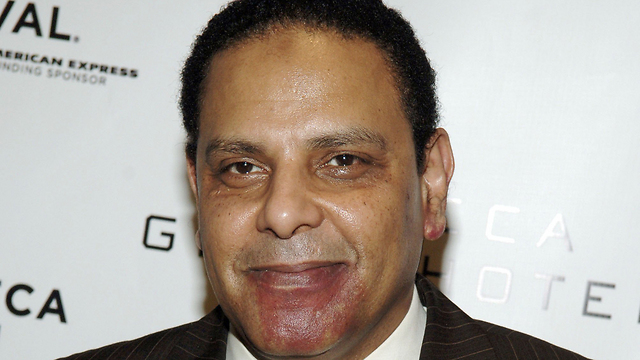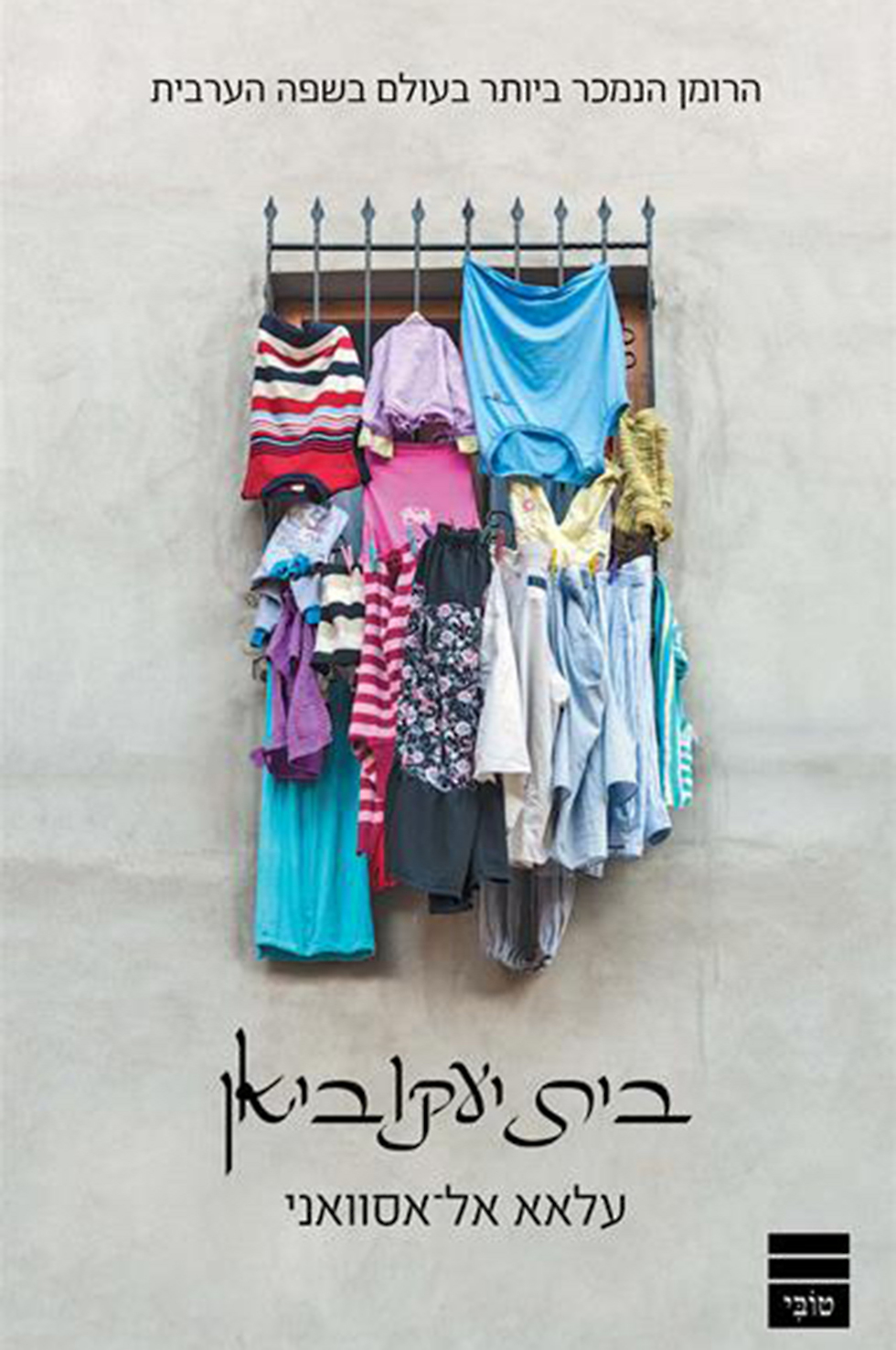
The writer and intellectual Alaa Al Aswany has been under media attack in his native Egypt because of the publication of a Hebrew translation of a novel of his in Israel last week. The writer, who opposes any kind of normalization, has long refused to have his work translated into Hebrew, and he condemned the translation as unauthorized.
In 2002, Al Aswany penned the novel "The Yacoubian Building", in which he recounts the many ills of Egyptian society bravely and openly, including references to corruption and sexual harassment. The novel is one of the most successful in the Arab world, and it has since been adapted into a film and a television series.
For years, Al Aswany refused to permit his novel's translation into Hebrew, despite its publication in dozens of other languages. In October of 2010, for example, the then-Israel/Palestine Center for Research and Information, a Jerusalem nonprofit think tank, announced that they had translated the book without the author's permission in an attempt to widen cultural understanding between the peoples.
Al Aswany dubbed the translation intellectual "theft." He further threatened to sue the Israeli translators because of his opposition to cultural relations with Israel.
Last week, the book was published by the Anglophone publishing house Toby with assistance from the Israeli publishing company Kinneret Zmora Dvir. Al Aswany, whose aggressively anti-Israel stance is well known, published a laconic denial on his Twitter account, which found its way into the Egyptian media.
The tweet claims that the novelist has "not at any time signed an agreement with an Israeli publisher to publish his works." Despite this denial, Egyptian parliamentarian and media personality Mustafa Bakri used his platform on Thursday to strongly attack Al Aswany for the translation.
"The Israelis are praising Alaa Al Aswany and the Hebrew translation of his book," said Bakri. "If you have a drop of patriotism, then you would say that there is no honor in your having been translated. But you haven't said that, and you are abandoning the Egyptian people, the Egyptian army and the Egyptian police. You and your ilk. But we have 90 million patriotic Egyptians, all of whom support defending and fighting for the homeland."
Bakri is the same member of parliament that led the malicious attack against former MP Tawfiq Okasha, who met with the Israeli ambassador in Cairo and was subsequently ousted from the parliament.
Another television presenter who attacked the author in a live broadcast was Tamer Amin: "He damaged Egypt and put his hand in Israel's." Amin accused Al Aswany of lying and having signed a contract with an Israeli company in the United States to have his book translated to Hebrew. "May Allah curse Israel. It chose this novel to hurt Egypt with the characters that appear in the book, which deals with homosexuality, prostitution, drugs, and corruption."
Further media personalities and an opinion piece in the newspaper Al Youm El Sabea condemned Al Aswany, ignoring his denial.
Al Aswany is considered one of the most controversial figures in Egypt in recent years, both because of his works and because of his uncompromising stands against the police's conduct following the revolution on January 25, 2011, which led to the end of the former president's, Hosni Mubarak, 29-year reign. Al Aswany supported that revolution and lent his voice to it, and "The Yacoubian Building" symbolized for many the circumstances that led to its occurrence.


















